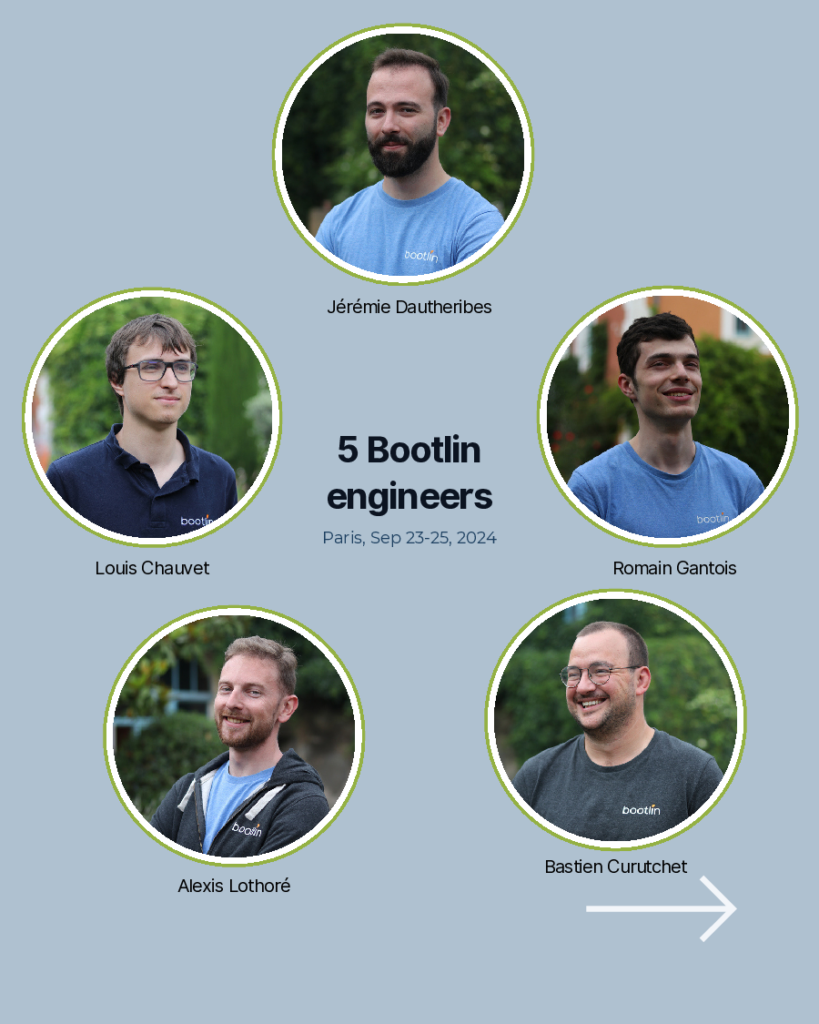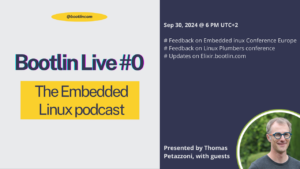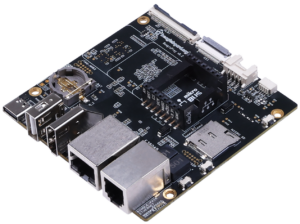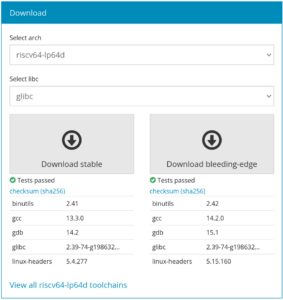On the week of September 16-20, Vienna is going the place to be for all open-source developers, with a large number of conferences taking place during this week. Being strong contributors to several key open-source projects, Bootlin will be strongly present at those conferences.

Open Source Summit Europe will take place on Sep 16-18, and its schedule has recently been published. This year, the Embedded Linux Conference part of this conference is unfortunately reduced to just 2 tracks of 2 days, but we nevertheless hope to see some interesting topics. Bootlin has contributed and will contribute to this event with:
In addition, no less than 12 Bootlin engineers will participate to this Open Source Summit Europe: Alexandre Belloni, Grégory Clement, Hervé Codina, João Marcos Costa, Kamel Bouhara, Louis Chauvet, Miquèl Raynal, Richard Genoud, Théo Lebrun, Thomas Petazzoni, Thomas Perrot and another engineer who will join our team just in time before the event to be part of the trip.
 Right after the Open Source Summit, we will also be present at the Linux Plumbers conference. We have already submitted a few topics in various micro-conferences, and we’re hoping to see them accepted. Regardless of that, 8 engineers from our team will be attending Linux Plumbers: Hervé Codina, Louis Chauvet, Luca Ceresoli, Maxime Chevallier, Miquèl Raynal, Théo Lebrun, Thomas Petazzoni, Thomas Perrot.
Right after the Open Source Summit, we will also be present at the Linux Plumbers conference. We have already submitted a few topics in various micro-conferences, and we’re hoping to see them accepted. Regardless of that, 8 engineers from our team will be attending Linux Plumbers: Hervé Codina, Louis Chauvet, Luca Ceresoli, Maxime Chevallier, Miquèl Raynal, Théo Lebrun, Thomas Petazzoni, Thomas Perrot.
We look forward to meeting the community, presenting our projects and ideas and learning about the work done by others! See you all in Vienna in September!
 Just after the busy week of Open Source Summit Europe and Linux Plumbers in Vienna, the Kernel Recipes conference is starting in Paris, as it takes place on Sep 23-25.
Just after the busy week of Open Source Summit Europe and Linux Plumbers in Vienna, the Kernel Recipes conference is starting in Paris, as it takes place on Sep 23-25.





 Linux 6.10 was
Linux 6.10 was 

